Investing in a CRM tool can be a big jump from managing customer information in worksheets and loose documents, but startups can greatly benefit from implementing this type of software.
Top providers like HubSpot, Pipedrive, and Zoho CRM can help startups create and fine-tune effective marketing and sales processes and workflows, monitor team performance, and solidify and secure data organization. The best CRM software for startups should be able to grow with the organization and be customizable and scalable to fit their evolving needs.
1
monday CRM
Employees per Company Size
Micro (0-49), Small (50-249), Medium (250-999), Large (1,000-4,999), Enterprise (5,000+)
Any Company Size
Any Company Size
Features
Calendar, Collaboration Tools, Contact Management, and more
2
Creatio CRM
Employees per Company Size
Micro (0-49), Small (50-249), Medium (250-999), Large (1,000-4,999), Enterprise (5,000+)
Medium (250-999 Employees), Enterprise (5,000+ Employees), Large (1,000-4,999 Employees)
Medium, Enterprise, Large
Features
Dashboard, Document Management / Sharing, Email / Marketing Automation, and more
3
HubSpot CRM
Employees per Company Size
Micro (0-49), Small (50-249), Medium (250-999), Large (1,000-4,999), Enterprise (5,000+)
Micro (0-49 Employees), Medium (250-999 Employees), Large (1,000-4,999 Employees), Small (50-249 Employees)
Micro, Medium, Large, Small
Top CRM software for startups comparison
Depending on the industry, startups don’t necessarily need the most advanced technical features. However some core CRM features that make the software worth the investment include pipeline and document management and the integration capabilities the tools offer.
Startups need CRM software that can integrate with their existing tech tools, like email, calendar, or even website builders. Additionally, access to basic sales or marketing features can help with growth, and a free-for-life option can be attractive for budget-conscious companies.
| Software | Star rating | Sales pipeline management | Native or third-party integrations | Documentation tracking | Free-for-life option | Starting price for a paid tier* |
|---|---|---|---|---|---|---|
| HubSpot | 4/5 | Yes | Both | Yes | Yes | $15 per user, per month |
| Pipedrive | 4.4/5 | Yes | Third-party | Yes | No | $14 per user, per month |
| monday CRM | 3.5/5 | Yes | Third-party | Yes | Limited | $12 per user, per month |
| Zoho CRM | 4.3/5 | Yes | Both | Yes | Yes | $14 per user, per month |
| Insightly | 4.3/5 | Yes | Third-party | Limited | Yes | $29 per user, per month |
| Salesforce | 4.1/5 | Yes | Both | Yes | No | $25 per user, per month |
| Capsule | 4/5 | Yes | Third-party | Yes | Yes | $18 per user, per month |
| *Price when billed annually. |
HubSpot: Best overall
HubSpot offers a free version of its CRM software in addition to paid upgrade options. The free version allows users to track and analyze sales progress in real time. Users are also granted access to meeting schedulers, email template builders, and live chat software. HubSpot also integrates with a large number of both native and third-party integrations for help desk and digital marketing tools. This way, startups can access all the core HubSpot features, plus advanced integrations and even AI-powered tools.
Why I chose HubSpot
HubSpot is my pick for best free CRM software, and many of the same qualities that put it at the top of that list are also key for startups. What it may lack in general customizations, it makes up for in integration capabilities. For startups seeking a free CRM tool that allows multiple users, HubSpot makes the most sense to start with.
Though HubSpot offers a robust free version, its paid tiers, which grant access to more advanced sales and marketing features, are pricey compared to other software. If your organization anticipates scaling up to a paid tier sooner rather than later, consider Zoho CRM for its affordable paid tiers and upgrades.
SEE: For more information, read our full review of Hubspot.
Pricing
- Free CRM: Free for up to five users with contact management, quotes, live chat, and more.
- Sales Hub Starter: $15 per seat per month, billed annually, or $20 when billed monthly.
- Sales Hub Professional: $90 per seat per month, billed annually, or $100 when billed monthly, and a one-time $1,500 onboarding fee.
- Sales Hub Enterprise: $150 per seat per month, with an annual commitment and a one-time $3,500 onboarding fee.
Features
- Payment management: Accept payments, manage subscriptions, and create payment links like quotes or invoices to attach to meeting invites.
- Forecasting: Get a full view of the sales pipeline and monitor projected incoming deals and projects.
- Email tracking: Get notified when leads open up an email to correctly time follow-up contact.
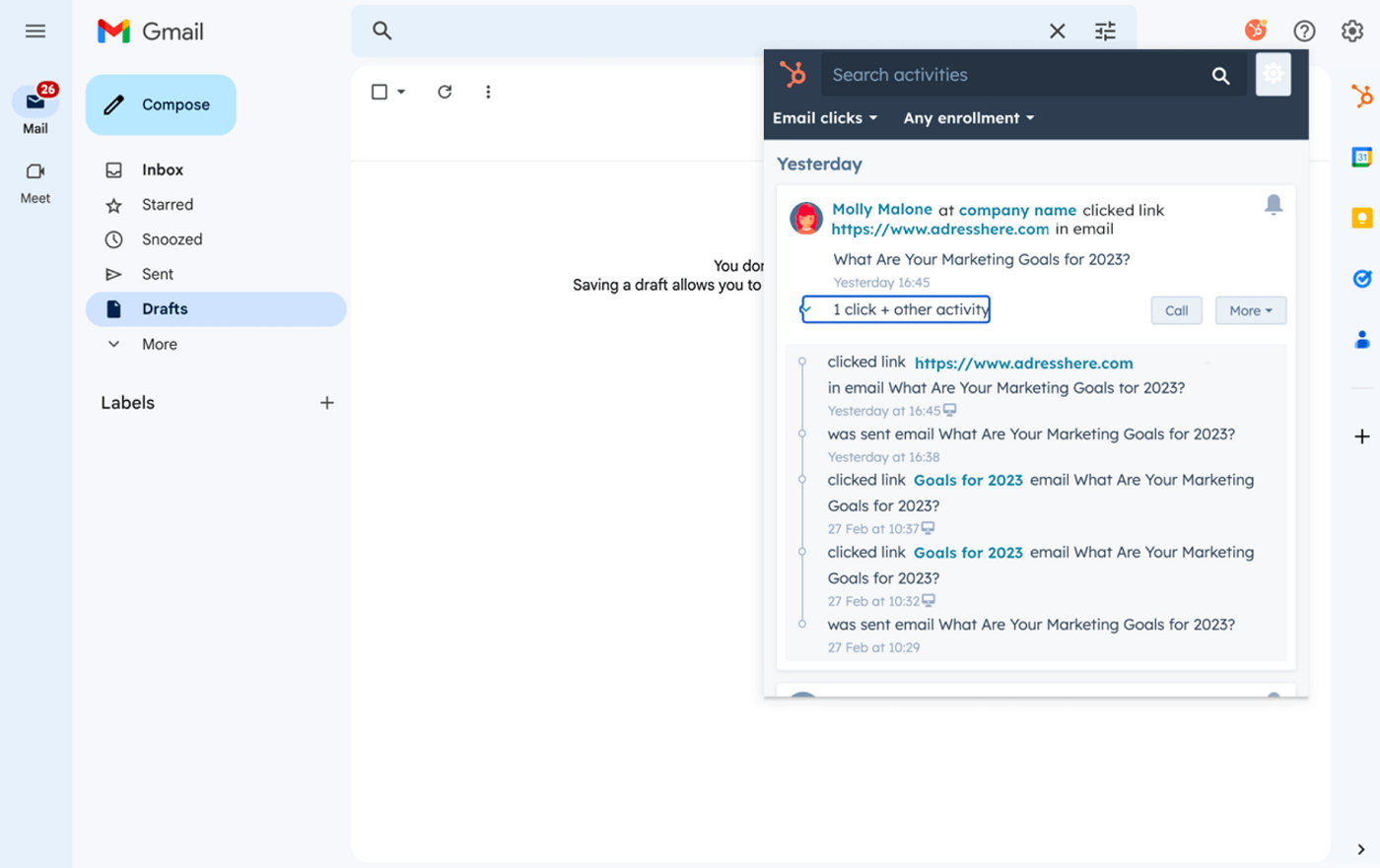
HubSpot pros and cons
| Pros | Cons |
|---|---|
| Startups can qualify for discounts. | Paid plans can get pricey for startups. |
| Easy onboarding and implementation of the software. | Free tier doesn’t offer community support. |
| User reports of an intuitive interface. | Limited reporting. |
Pipedrive: Best for add-on upgrades

Pipedrive offers highly visual pipelines that can assist startups in mapping out and testing pipeline stages to monitor incoming leads and potential projects. In addition to core CRM features, Pipedrive offers add-on upgrades organizations can purchase separately so they only pay for what they need. The a la carte features include prospecting and marketing tools like document tracking and signing and website visitor tracking.
Why I chose Pipedrive
Pipedrive is an extremely intuitive, deal-driven platform that can easily integrate with tools in an existing sales tech stack. This makes it a great choice for startups looking for an easy-to-use platform that team members can implement and use with little onboarding and training.
Pipedrive’s available add-ons are strong, but they can add up quickly in monthly fees. If a startup needs a pre-built suite of tools, consider Zoho CRM for its sales and marketing mix.
SEE: For more guidance on this product, read the full Pipedrive review.
Pricing
- Essential: $14 per user per month, billed annually, or $24 per user when billed monthly.
- Advanced: $34 per user per month, billed annually, or $44 per user when billed monthly.
- Professional: $49 per user per month, billed annually, or $64 per user when billed monthly.
- Power: $64 per user per month, billed annually, or $79 per user when billed monthly.
- Enterprise: $99 per user per month, billed annually, or $129 per user when billed monthly.
Features
- Add-on upgrades: Purchase a la carte special features to customize the software experience.
- Mobile application: Access all sales data on the go from any device.
- Workflow automation: Automate repetitive sales tasks and standardize work processes to save time and increase productivity.
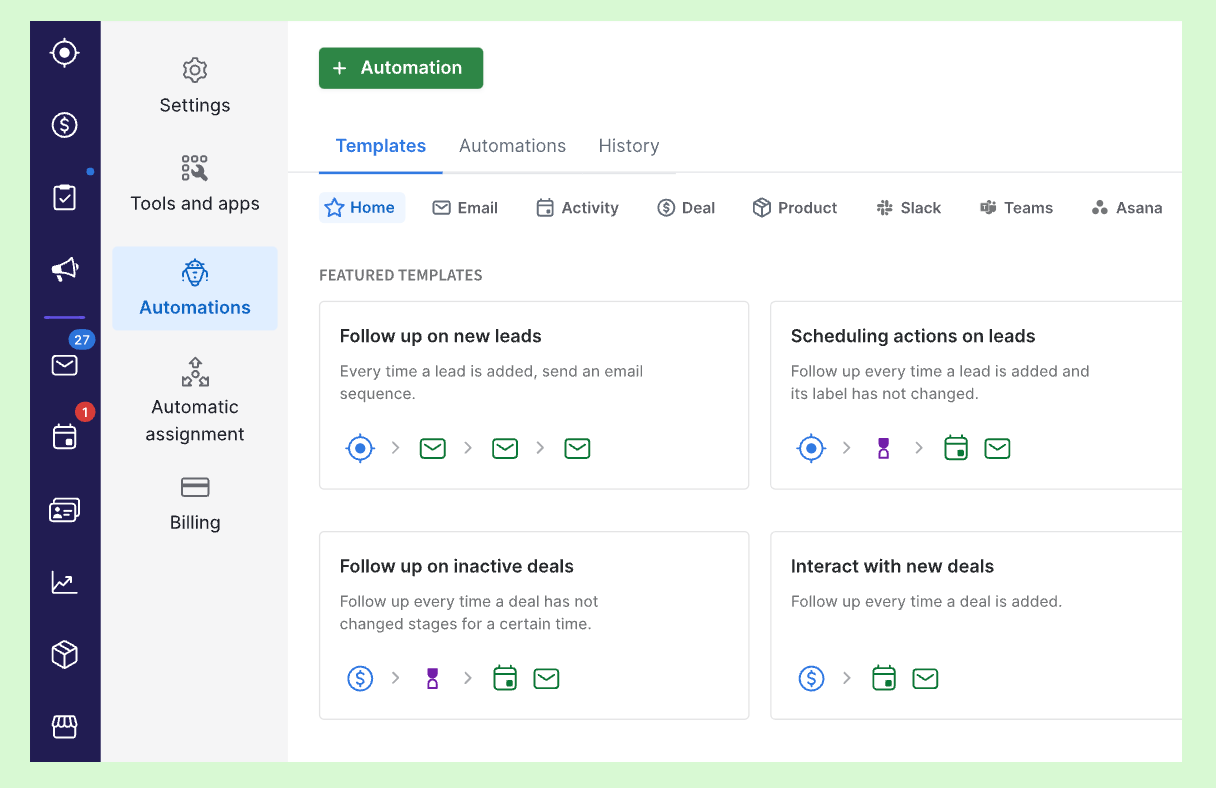
Pipedrive pros and cons
| Pros | Cons |
|---|---|
| 14-day free trial. | Doesn’t offer a free-for-life tier. |
| Offers a la carte upgrades and purchases. | Limited marketing automations and features. |
| Clean and simple pipeline user interface. | Limited lead segmentation capabilities. |
monday CRM: Best for team collaboration

monday CRM users can get a full 360 degree view of their customers with the ability to access contact and account information, activities, and more, all from one place. With activity tracking, users have transparent management over client calls and meetings. This way, performance can be monitored, sales rep capacity better managed, and strategies can be planned ahead. More collaboration is able to happen with monday CRM’s intuitive dashboard with notes, tags, document management, and time tracking.
Why I chose monday CRM
monday CRM is a customizable sales CRM platform that also has pipeline and project management capabilities. With advanced dashboards, contact management, and collaboration features, startups who want an intuitive and powerful solution can benefit from monday CRM. AI-powered tools are also being introduced to the platform to help with automated task generation, email composition, content generation and formula building.
monday CRM’s paid plans are pretty competitively priced, but if you want to try out a free CRM first, and you don’t qualify for monday CRM’s free plan, I recommend HubSpot or Zoho CRM.
SEE: For more information, check out our in-depth review of monday CRM.
Pricing
- Free version: Includes basic CRM features, but only available for students and nonprofit organizations after submitting an application.
- Basic CRM: $12 per user, per month when billed annually, or $15 when billed monthly.
- Standard CRM: $17 per user, per month when billed annually, or $20 when billed monthly.
- Pro CRM: $28 per user, per month when billed annually, or $33 when billed monthly.
- Enterprise CRM: Contact monday.com for a quote.
Features
- Email composition: Create emails from scratch or use a template with AI-generated suggestions that are effective and engaging.
- Mobile app: Log all calls, check report statuses, or add new activity from the accessible mobile app.
- Contact management: Record all contact or account information, log activities, and engage with customers from one dashboard.
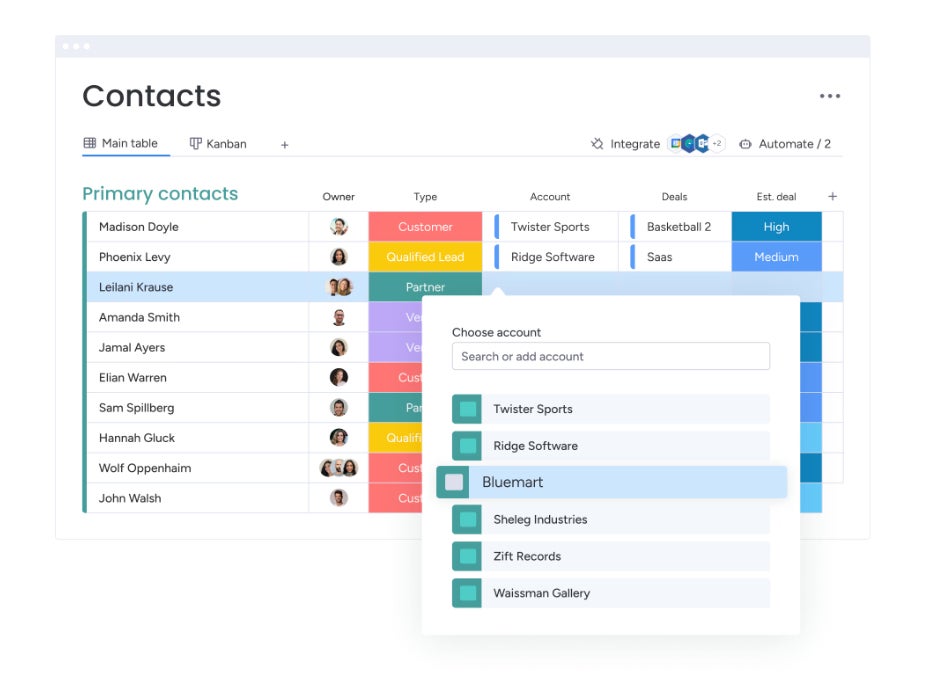
monday CRM pros and cons
| Pros | Cons |
|---|---|
| 14-day free trial. | Limited integration capabilities compared to others on this list. |
| Basic CRM plan supports unlimited contacts and boards. | HIPAA compliance is only offered in the Enterprise tier. |
| Automation-rich software. | Free CRM is limited to approved users. |
Features
- Processing rules: Set up rules in the CRM software such as lead sorting, discount approvals and validating sales data.
- Territory management: Categorize incoming leads based on relevant criteria to better sort and assign leads to the correct sales rep.
- Omnichannel marketing: Converse in real time with leads through multiple outlets such as social media, email, and telephone campaigns.
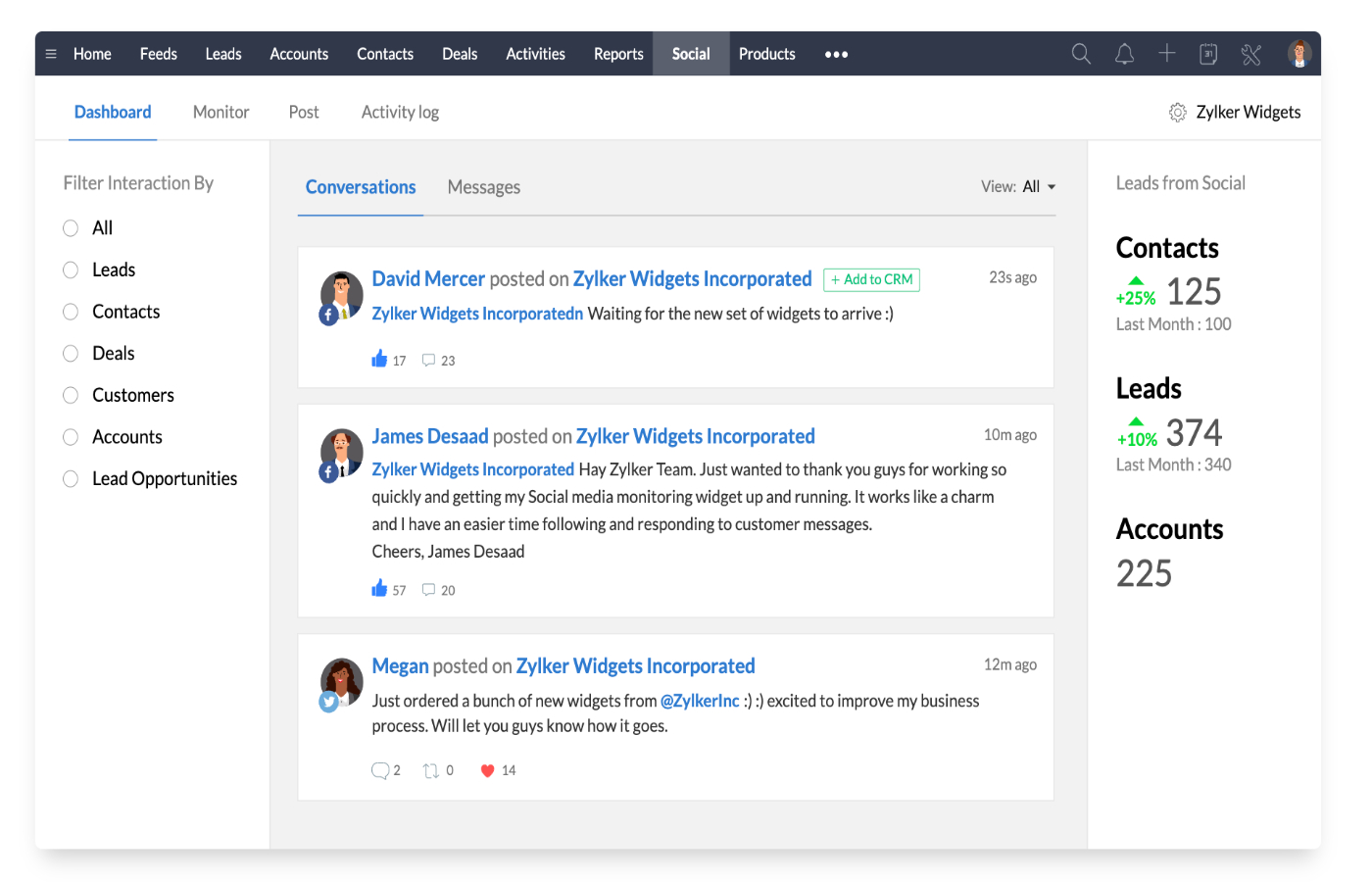
Zoho CRM pros and cons
| Pros | Cons |
|---|---|
| 15-day free trial. | Requires heavy customizations to start. |
| Robust core sales and marketing features. | Users report poor platform tutorials and resources. |
| Seamless social media integrations and campaigns. | Only offers 8/5 customer support. |
Insightly: Best for tracking sales projects
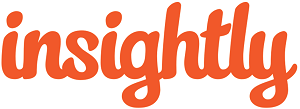
Insightly’s CRM provides a series of built-in tools and integrations that can monitor and track projects from beginning to end and beyond. After a deal is closed, it can be converted into a project encompassing all the important data, documents, and notes from the sale. Startups can use this feature to house all relevant customer management info to continually monitor relationships and follow up accordingly.
Why I chose Insightly
Insightly ranks as one of the best CRM software with a variety of integrations, which makes it an extremely customizable tool. It’s a great option for startups that really want to cater to customers even after a deal is completed to help boost client retention and reputation.
Even though Insightly can handle both sales and ongoing project management, its free CRM version may be too basic for some teams—even startups. For a more full-featured free tier from a CRM software, look into HubSpot or Capsule.
SEE: Read the full Insightly review for a breakdown of key features, alternatives and more.
Pricing
- Free CRM: Free for up to two users and 2,500 records.
- Plus: $29 per user per month, billed annually.
- Professional: $49 per user per month, billed annually.
- Enterprise: $99 per user per month, billed annually.
Features
- Opportunity management: Identify sales milestones and next steps for opportunities through a pipeline tracker.
- Google Workspace integration: Connect the software with all the most popular Google Workspace products.
- Product management and quotes: Create customizable product inventories, price books, and quotes to share directly with clients.
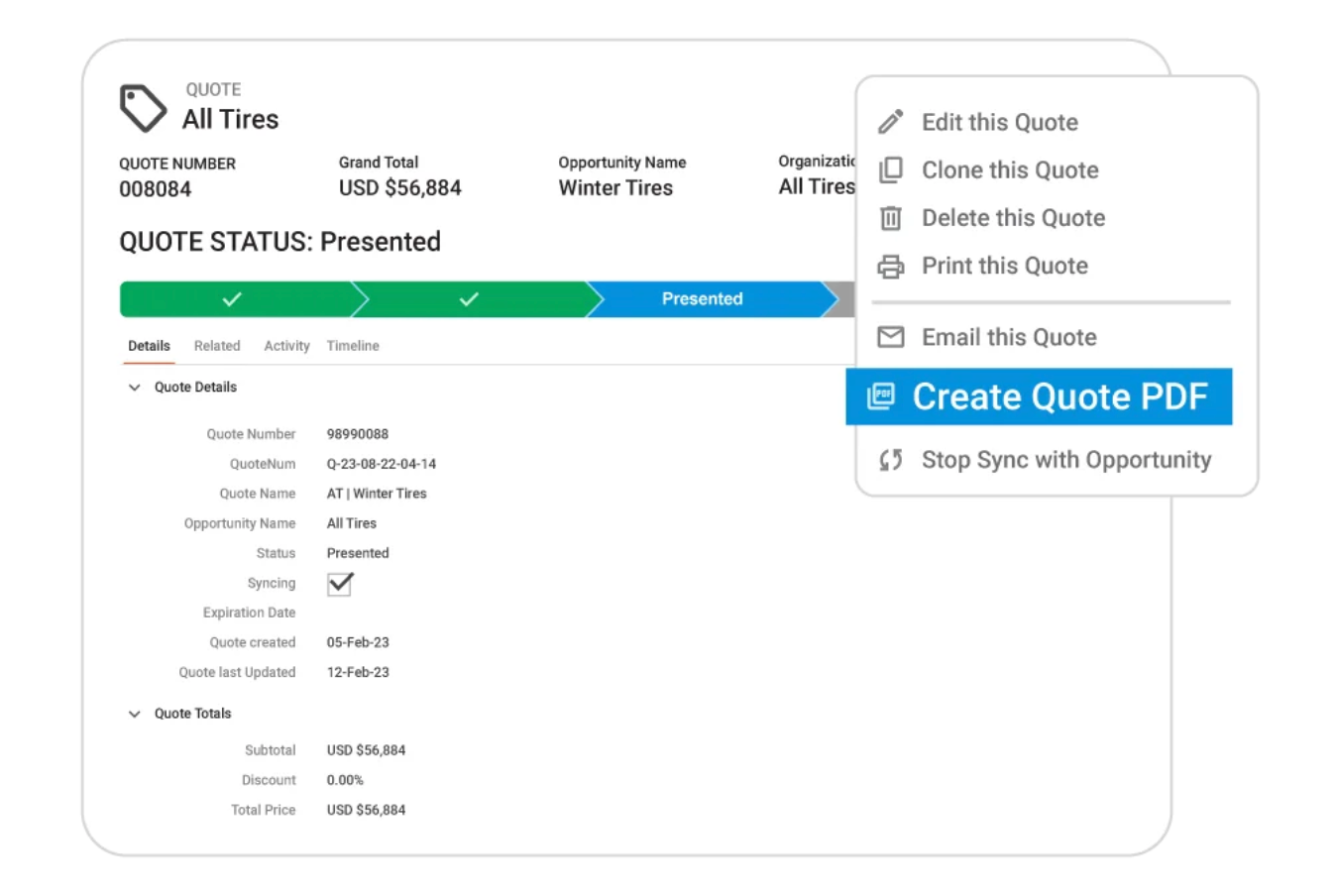
Insightly pros and cons
| Pros | Cons |
|---|---|
| 14-day free trial. | Limited file storage is available in the Enterprise tier. |
| 1,000+ integrations available. | User support costs extra. |
| Built-in project management tools. | Lacks major customization options. |
Salesforce: Best for monitoring complex sales processes

Salesforce users can have separate pipelines for managing leads and opportunities, as well as robust custom reporting dashboards to stay on top of the sales process. These views allow startups to simplify even complex processes with multiple milestones, engagements or documents to track. Included in this tool are internal communication and collaboration tools that help multiple reps monitor the same account.
Why I chose Salesforce
Salesforce CRM covers almost all of the core features users would want in software, including sales automation, reporting and analytics, and project management. While these features are offered at different price tiers, the powerful integrations make it scalable to match a startup’s growth.
Though Salesforce has advanced sales features, its pricing can be high, and users report it being a complicated platform to learn and navigate. If your startup needs more intuitive software to get started, consider Capsule or Pipedrive, which both have easy-to-navigate user interfaces.
SEE: Check out our in-depth Salesforce review, covering the key features, top alternatives, and more.
Pricing
- Starter Suite: $25 per user per month, billed annually.
- Professional: $80 per user per month, billed annually.
- Enterprise: $165 per user per month, billed annually.
- Unlimited: $330 per user per month, billed annually.
- Unlimited+: $500 per user per month, billed annually.
Features
- Internal collaboration tools: Connect and converse with internal team members and peers through a built-in chat function.
- Sales engagement: Engage with high quality leads and customers directly from the platform with built-in dialers and email automations.
- Revenue intelligence: Create sales strategies based on purpose-built analytics and actionable insights.
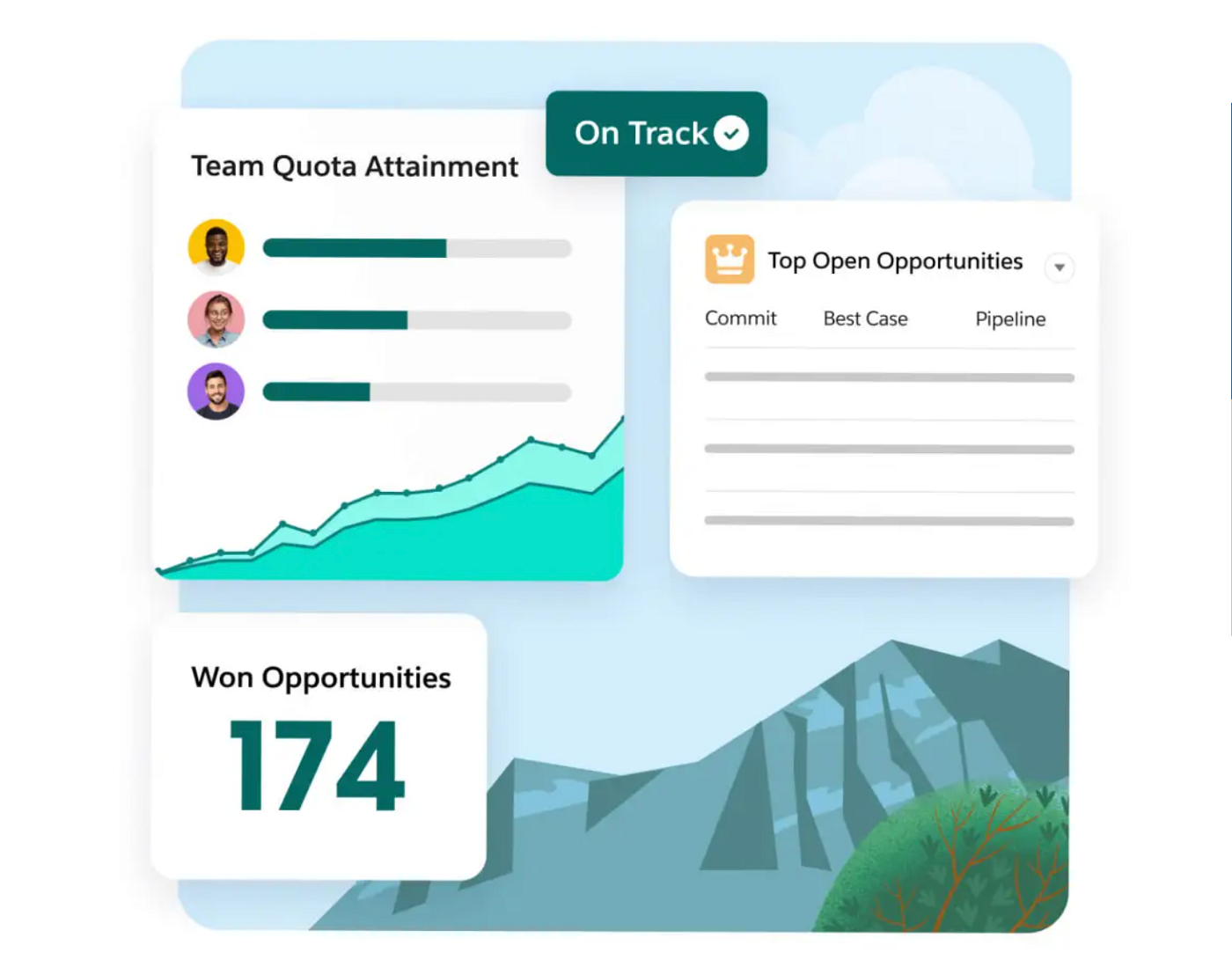
Salesforce pros and cons
| Pros | Cons |
|---|---|
| 30-day free trial. | Doesn’t offer a limited free version of the platform. |
| Highly scalable software. | Upgrades can be pricey. |
| Offers robust custom reporting tools. | Lacks some key marketing features. |
Capsule: Best for easy setup

Capsule’s forever free plan includes all the basic CRM features a startup might need and access for two users, 250 contacts, and 50 MB of storage per account. As a simple online CRM, Capsule is easy to set up and configure. This is because it’s a web-based platform that can be accessed immediately and customized with intuitive features. Additionally, Capsule offers free 24/7 support with the free CRM plan that benefits startups who might need a little more help.
Why I chose Capsule
Capsule is a relatively new customer relationship management tool that offers powerful sales features within a very easy-to-navigate platform. Both its pricing and integration capabilities are up to par with the best and most popular CRM software on the market, making it a great choice for startups that don’t need an industry-specific tool.
While Capsule offers all the sales automations and features startups need from CRM software, users might need more analytical and reporting tools than it can offer. If that’s the case, check out Zoho CRM for its AI-powered reporting capabilities.
Pricing
- Free CRM: Basic features for up to two users and 250 contacts.
- Starter: $18 per user per month when billed annually, or $21 when billed monthly.
- Growth: $36 per user per month when billed annually, or $38 when billed monthly.
- Advanced: $54 per user per month when billed annually, or $60 when billed monthly.
- Ultimate: $72 per user per month when billed annually, or $75 when billed monthly.
Features
- Leaking pipeline tracker: Run this report feature to visualize exactly where and why you’re losing key sales opportunities.
- Contact enrichment: Use social search integrations to constantly auto-enrich and update what information is attached to each lead’s contact card.
- Email campaigns: Create branded and cohesive email templates that are automatically sent to top leads to drive responses and engagement.
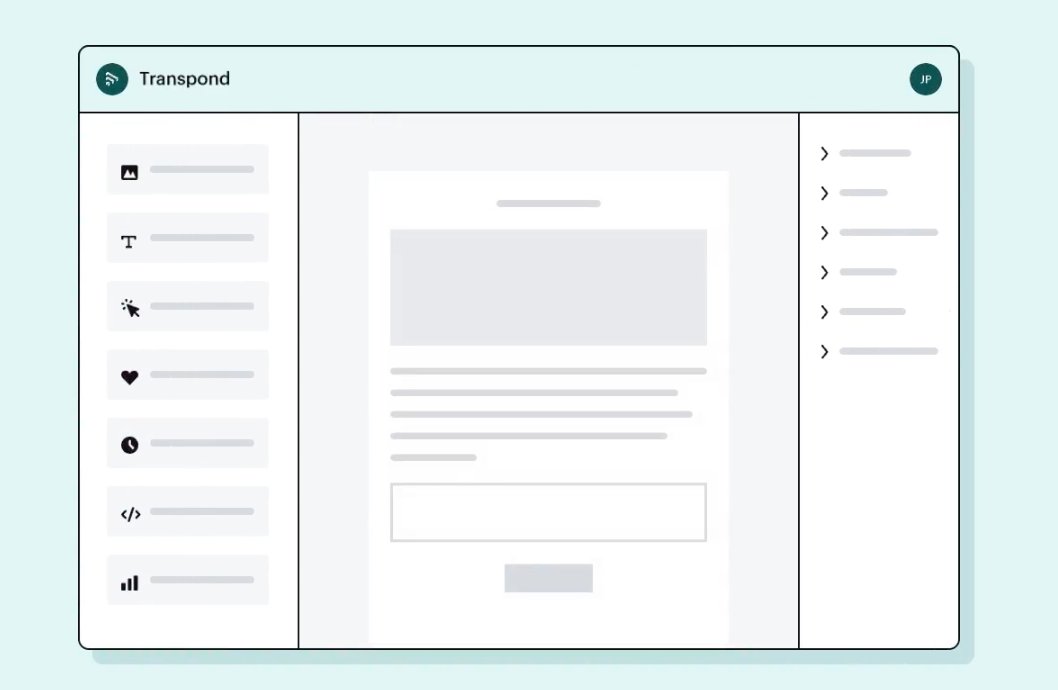
Capsule pros and cons
| Pros | Cons |
|---|---|
| 14-day free trial. | No assigned sales team or account manager. |
| Offers extensive support during onboarding, such as demos, tutorial videos, and user guides. | Limited access to both sales and marketing features in the free version. |
| The platform is accessible both on and offline. | Users report light reporting capabilities. |
How do I choose the best CRM software for my startup?
This list I’ve curated includes the top CRM providers in the market that can meet the specific needs of a startup while being scalable for future growth. Your next step is to narrow these platforms down to find the software that best fits your niche business goals, industry, and budget. Requesting quotes or demos or signing up for free trials is a good next step.
Below are sample questions to ask when researching CRM software for your startup:
- What is the total in-market expertise for your industry?
- Is the CRM scalable and detailed enough to fit your business size?
- Are the services within your budget?
- Do you want a more customizable and open-source CRM?
- Does the CRM offer the core features you need, such as list segmentation or a mobile app?
- Does the CRM software integrate with tools you already have in your tech stack?
Review methodology
I selected and then scored each provider in this list against an in-house rubric with outlined criteria and subcategories of features found in the top general CRMs. Using that rubric and an algorithm to calculate an overall star rating out of 5 stars, I then assigned each CRM software an ideal use case.
Here’s a breakdown of the scoring criteria I followed:
- Cost: Weighted 25% of the total score.
- Core features: Weighted 25% of the total score.
- Customizations: Weighted 15% of the total score.
- Integrations: Weighted 15% of the total score.
- Ease of use: Weighted 10% of the total score.
- Customer support: Weighted 10% of the total score.
Frequently asked questions (FAQs)
What is the best CRM for a startup?
I found the best CRM solutions for a startup are HubSpot, Pipedrive, Zoho CRM, Capsule, Insightly, monday CRM, and Salesforce. All of these providers offer free or affordable versions of their CRM tool with core functionality plus advanced features that can totally streamline and level up a startup’s marketing and sales operations.
Do startups need a CRM?
While it’s an investment, CRMs can still be affordable for startups. And if there’s an allocated and flexible-enough budget towards a sales and client management tool, a CRM can bring a number of benefits to startups. A CRM can produce invaluable insights from data capturing and analytics that can supercharge the support startups can offer their clients, which in turn improves sales wins and customer retention.







